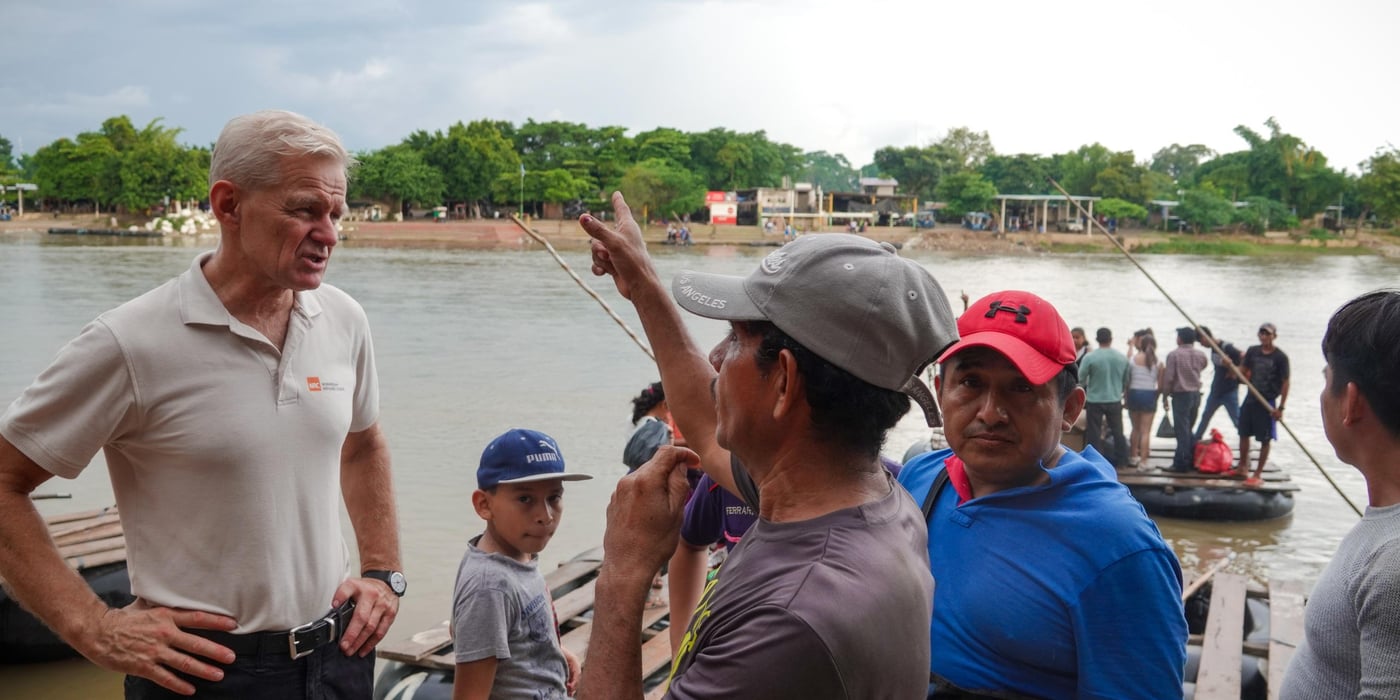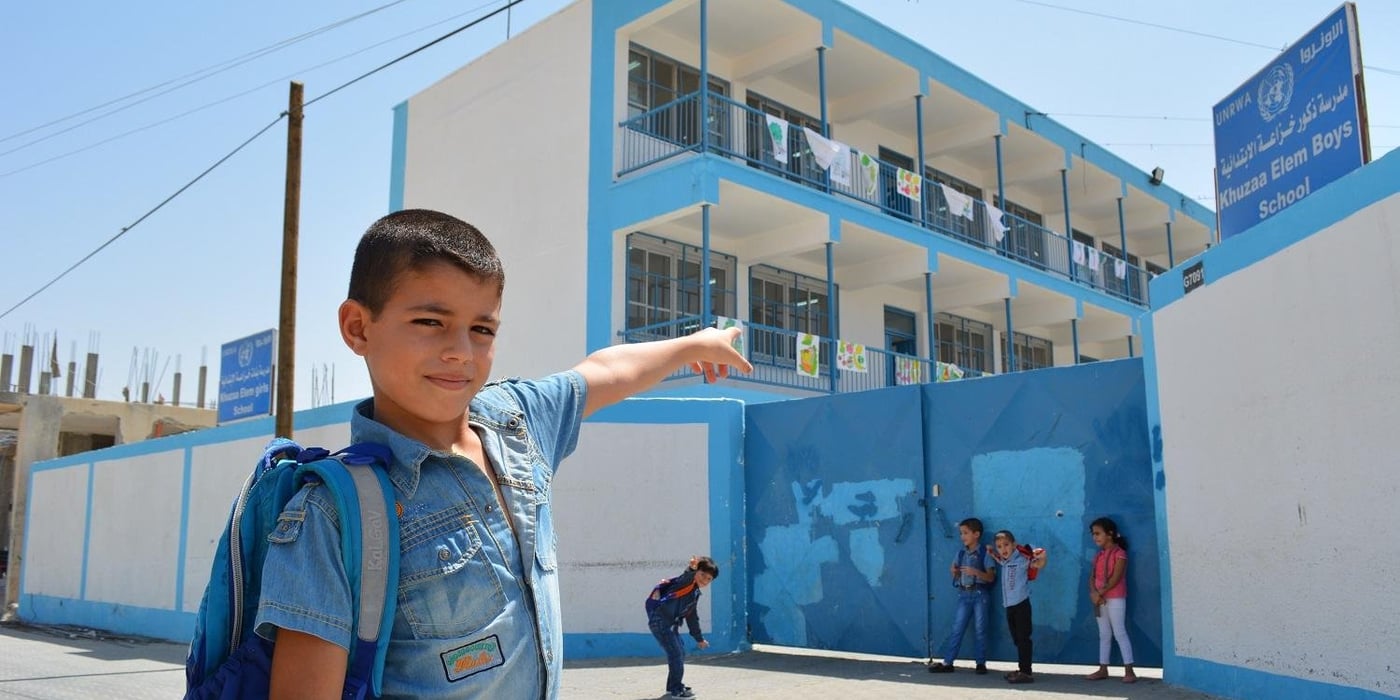
“This cruel removal of aid to vulnerable communities will not make the so-called border crisis go away, it will only fuel the impulse to escape misery and seek a better future across the U.S. border, said Jan Egeland, Secretary General of NRC.
“The aid cuts are counterproductive and short-sighted. They will not affect the politicians, but rather punish the people most in need, and produce more misery, more hopelessness, more caravans going North and reverse the progress that has been made through life saving aid programs,” he added.
NRC relief workers in Central America are bearing witness to families fleeing north due to violence, death threats and a total lack of hope and opportunities. The steady flow of people fleeing Central America will not be curbed by aid cuts, walls, return agreements and inhumane asylum policies.
“The only way out of the crisis at the U.S. doorstep is providing people protection, jobs, education and hope where they currently live,” said Egeland.
President Trump has repeatedly threatened to cut all aid to Central America unless the regional governments stop the flow of migrants across Mexico and onward to the United States. This has led to the announcement that humanitarian and development funds will be diverted from the poor and violence-ridden region.
“I visited San Pedro Sula in Honduras in December from where the first caravans towards the U.S. originated. I could see how armed gang violence, bad governance, abject poverty and hunger displaced tens of thousands across Honduras, El Salvador and Guatemala. Many of the young men and women I met in Honduras had already been deported once from the U.S. and Mexico. They said they would keep trying to escape hopelessness at home for hope in North America. These teenagers felt abandoned by their country and the world. Their point is proven when the wealthiest country in the Western Hemisphere cuts aid instead of investing in hope.”
According to the World Food Program, some 1.4 million people in El Salvador, Guatemala, Honduras and Nicaragua are in urgent need of humanitarian assistance and the meagre funding available for relief is nowhere near the level required. The Norwegian Refugee Council (NRC) and other humanitarian groups working in these areas have repeatedly called for a more ambitious humanitarian response in Central America to ease the suffering of the region's most vulnerable.
The proposed cuts come on top of increasingly strict asylum policies. The U.S. is currently in negotiations with Guatemala and Mexico to get them to sign a “safe third-country agreement”, which would allow the U.S. to send people seeking protection in the United States back to these countries. Again, these policies attempt to build walls against a deep crisis instead of addressing root causes.
“Increasingly strict and inhumane U.S. asylum policies combined with aid cuts will put thousands of men, women and children at grave risk in U.S.’ immediate neighborhood. Criminal networks are widespread across Central America and Mexico, and many people are followed by their persecutors across borders. Returning people in need of international protection to places at which their lives are in danger and where aid groups are overstretched and underfunded, represents a despicable breach of international laws,” said Jan Egeland.
For interviews or more information, please contact:
NRC’s media hotline in Oslo: info@nrc.no, +4790562329
Joel R. Charny, Executive Director, NRC USA, joel.charny@nrc.no,+1 (202) 360-7049




